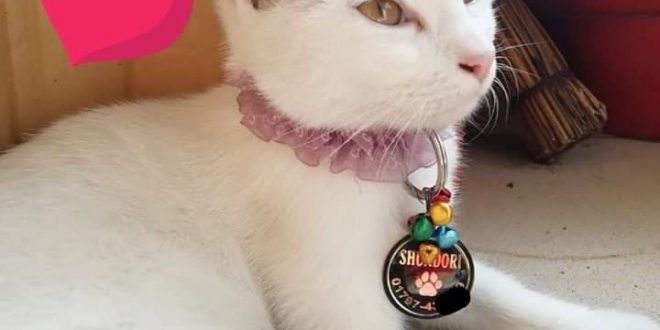Poisoning in Cats(Overview)
“”””””””””””””””””””””””””””””””””””””””””””””
Dr. Sujan
01777516183
Catagories of Poisonous Agent
“””””””””””””””””””””””””””””””””””””””””””””””””””
1. Human Medications
2. Insecticides – this includes flea and tick products
3. People Food
4. Plants
5. Veterinary Medications
6. Rodenticides
7. Household Cleaners, like bleach and detergents
8. Heavy Metals, like zinc, lead and mercury
9. Garden Products, like fertilizer
10. Chemical Hazards, like antifreeze or paint thinner
What to Watch for
“”””””””””””””””””””””””””””””
✓Observation of the cat eating a poisonous substance.
✓Foreign material on his hair or feet.
✓Foreign material in his vomitus.
✓An unusual odor, especially a chemical smell, to his hair, breath, vomitus, or feces.
✓Containers of poisonous material that appear to have been spilled or chewed on.
✓Plants that appear to have been chewed on.
Immediate Care
“””””””””””””””””””””””””””
1. If at all possible, identify what you think might have poisoned your cat. The name of the plant, the container label, or any other information you can find or bring in will be helpful.
2. If the poisoning is primarily from noxious fumes or a gas, get your cat to fresh air, but don’t put yourself at risk for poisoning.
3. If the poisoning is by contact with the skin, wear protective gloves and remove the substance manually from the skin. Use paper towels or clean rags to remove liquids. Do not use water, solvents or anything else to remove the poison unless specifically directed to do so by your veterinarian.
4. If the poison was in the mouth or swallowed, contact your veterinarian.
5. DO NOT induce vomiting unless specifically directed to do so, as some poisons can cause more damage if vomiting occurs than if left in the stomach.
Treatment
“””””””””””””””””
If the poison can be positively identified, a specific antidote can be used — that is, if one exists. If the type of poison is uncertain, or there is no antidote, treatment has to be supportive in nature (i.e., the symptoms are treated). Every effort will be made to maintain normal function of the organs until the poison has been processed out of the body. Unfortunately, for some poisons, this will not help, and the cat will not survive.
Prevention
“””””””””””””””””‘
The best way to prevent poisoning is to be aware of what in your house, yard, garage, etc. is poisonous and to do your best to keep your cat away from these areas.
N.B :
Emergency Go to the Vet for Better chance of Recovery.
 Poultry Doctors BD PoultryDoctorsBD can provide specialist Poultry Farming Guide & Chicken Care Tips
Poultry Doctors BD PoultryDoctorsBD can provide specialist Poultry Farming Guide & Chicken Care Tips


